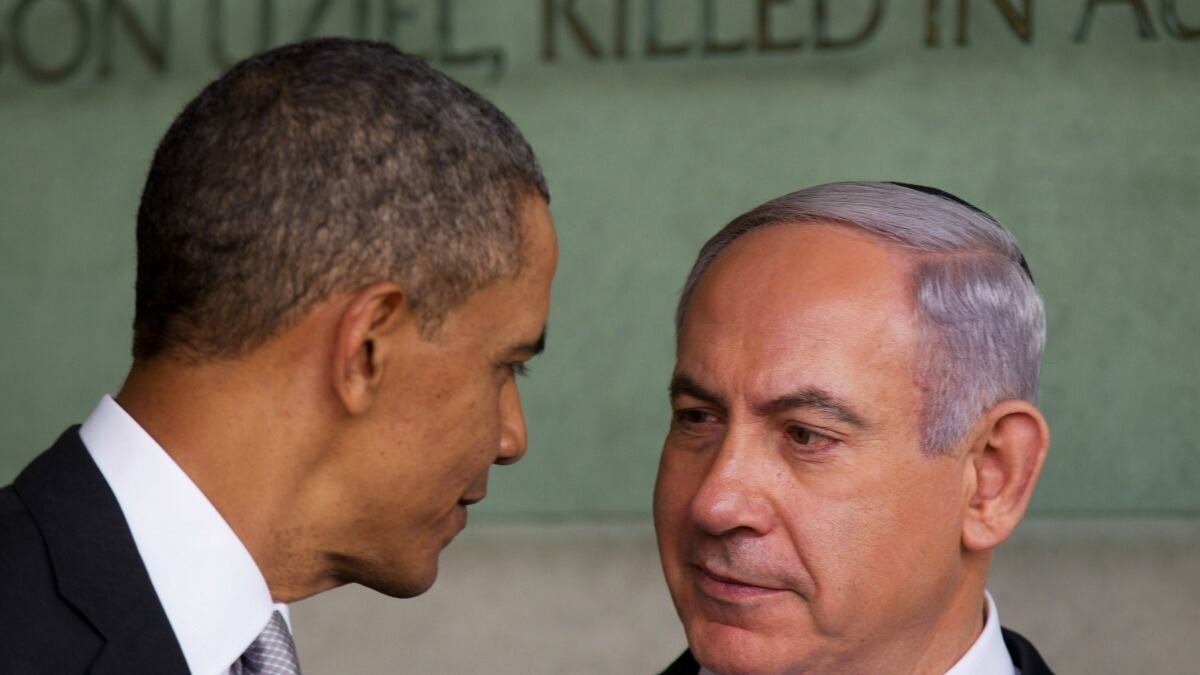Barack Obama's speech to Israeli students last Thursday has brought this country's familiar political fault lines to the surface again after years of dormancy. Moshe Feiglin, the Likud's new deputy Knesset chair, said the speech was filled with geefa, a term used by army recruits to describe the contents of the camp latrine. The left-leaning Haaretz, for its part, dedicated an entire front page spread to the Obama speech in a display of reverence generally reserved for events like the signing of the Oslo agreement or the assassination of Yitzhak Rabin. For years the country's political contours had been warped by disinterest in the Palestinian question. It began with the rebranding of the Labor opposition as a party of social welfare that had put the issue of the territories behind it, reaching its denoument in the strange alliance between Naftali Bennet's settlers and Yair Lapid's middle-class Yesh Atid, an alliance predicated on the theses that right and left can unite around a new platform aimed at blunting the power of ultra-Orthodoxy. Obama's effect on Israel's public debate has been electric, reigniting the hitherto comatose discussion of the West Bank.
Provoking debate is one thing. Using the diplomatic muscle necessary to leverage policy change, however, is another. The announcement, just before his departure, of an historic rapprochement between Israel and Turkey indicates that Obama may have what it takes.

His brokering of a resolution to the crisis that has pitted Israel's fundamental security concerns against the Moslem bona fides of Turkey’s PM Tayyip Erdogan was stunning in both its speed and execution. For Turkey this represents the reversal of an Israel policy that has trashed decades of military, economic and cultural cooperation between the two countries. For Israel it represents a complete capitulation to Turkish demands in the wake of the Mavi Marmara events of 2010. It was an achievement that undoubtedly required major arm-twisting combined with the judicious deployment of expensive negotiating assets on Obama's part. For the U.S., defusing the Jerusalem-Ankara dispute is an essential precondition for effective military action to secure Syria's ballistic missiles and chemical arsenals if Assad uses them against the opposition, or loses them as the regime collapses—both increasingly plausible scenarios. It will be of equal importance in the event of an Iranian campaign. Less obvious but of no less significance is its relevance for the peace process. Erdogan could be either a spoiler or catalyst if significant Israeli-Palestinian negotiations ensue. Obama knew all this and did what had to be done.
Progress on the Palestinian front will require the U.S. to employ maximum political muscle and savvy to overcome Israel's settlement addiction as well as implacable Palestinian hostility to the Zionist project. As for Israel, Obama has a number of cards he can play without expending too much political capital at home. Defense Department bureaucrats could block hundreds of millions of dollars in Israeli military contracts with third parties for services or products containing proprietary American technology. In 2000, for instance, the U.S. vetoed a $250 million Israeli sale of airborne early warning radar equipment to China on those very grounds. "Oh yes, about our approval for that huge deal to retrofit the Brazilian airforce you've been waiting for," Hagel might respond to the next call he gets from Israel's Defense Minister. "We're looking into it. Meanwhile, what about that new settlement we've been hearing about in E1?" In the end, nothing will change unless Netanyahu understands that every new mobile home he sets up on the West Bank carries with it a major price tag in U.S. dollars.
Abbas, too, will have to make some real choices. Time after time Israel has bailed out the bankrupt Palestinian Authority by transferring National Insurance payments from Israeli employers to the Palestinian treasury or forgoing payments by the PA to Israel's electric company—all, one can assume, at America's behest. As both Ehud Barak and Ehud Olmert know only too well, the Palestinians can come up with any number of reasons to balk when agreement beckons. Abbas may be sorely tempted to play the "national unity with Hamas" card when a serious deal is on the table. Obama will have to force him to make the difficult choices no Palestinian leader has yet had the will to make—or face the collapse of the PA.
This is the kind of muscle no U.S. president to date has shown the necessary determination to employ. If Obama honestly plans to move beyond oratory and knock the fear of god and the love of peace into this region's obstinate foes, he'll have to take his gloves off and enter the ring. The Turkey-Israel gambit shows he may actually have it in him.





